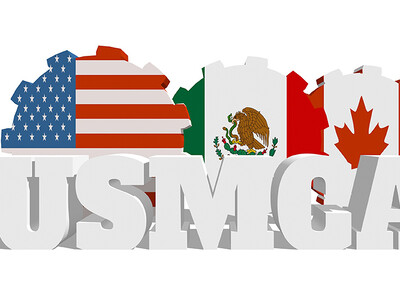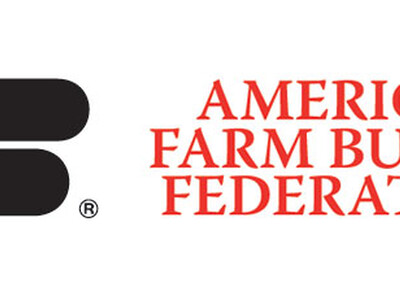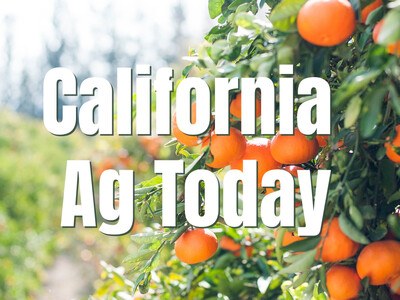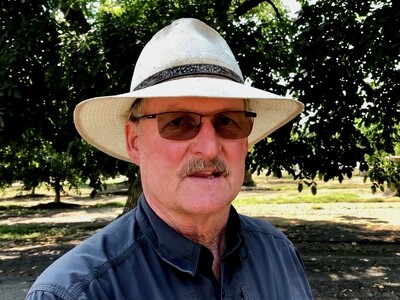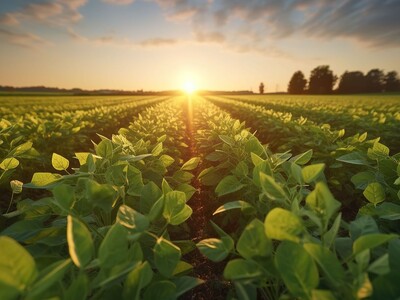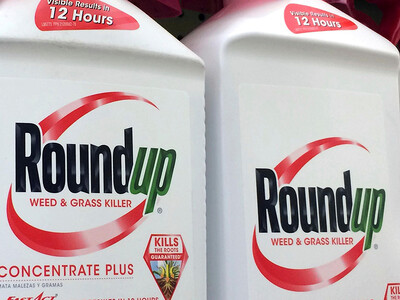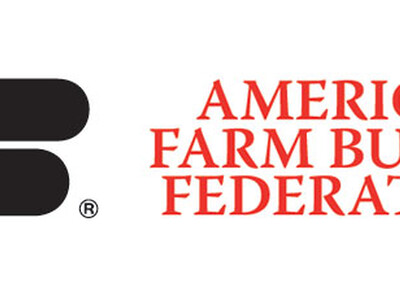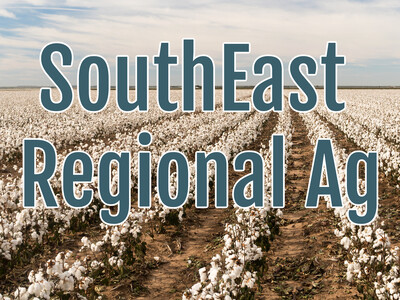Honey Bee and Honey Bee Industry Assistance
Honey Bee and Honey Bee Industry Assistance
I’m Lacy Gray with Washington Ag Today.
WSU entomology professor, Steven Sheppard, has been working to improve the genetic diversity of the U.S. honey bee gene pool. Due to import restrictions on live insects WSU scientists sought to import bee semen instead, and in 2008 obtained permission from APHIS to import the strongest stock from Europe.
SHEPPARD: More recently in the last couple of years we’ve developed cryopreservation techniques, which allow us to freeze the semen, much like we do with other agricultural animals -basically store it more or less indefinitely, then bring it out of liquid nitrogen and use it for the insemination.
This new development of honey bee preservation genetic materials can now be used to strengthen the resilience and diversity of honey bee populations against threats of disease and pests by artificially inseminating the approved semen into queen bees, which can then be released to queen bee producers.
SHEPPARD: The real motivation is to ensure that we have adequate genetic variation within our U.S. populations to do these breeding programs. We’ve been doing this specifically with Carniolan honey bees and then this year both the Italian and the Caucasian material is being made available. There’s concern of losing some of the uniqueness of these different sub-species, so it’s timely that we’re actually able to put these things on ice and will have them available for decades to come.
State Senate Bill 6402 would recognize beekeeping as an agricultural pursuit and treat beekeepers as farmers under state law, exempting them from the state’s B&O tax. Senator Jim Honeyford, who sponsored the bill, says that “Just as the state considers milk that comes from cows to be an agricultural product, so should it consider products derived from honeybees.” SB 6402 has won Senate approval so far and if passed into law, would take effect 90 days after the 2014 session adjourns.
That’s Washington Ag Today.
I’m Lacy Gray on the Ag Information Network.





